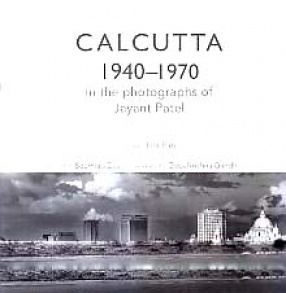
Gopalkrishna Gandhi

Showing all 11 books
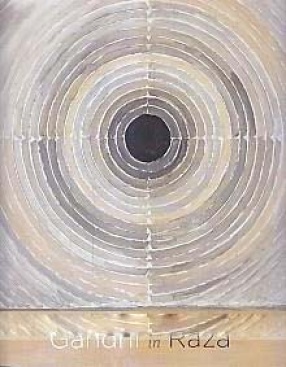

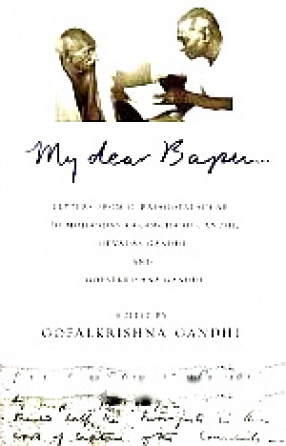
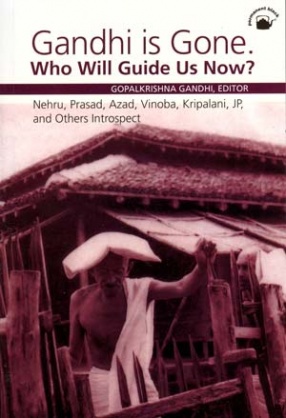


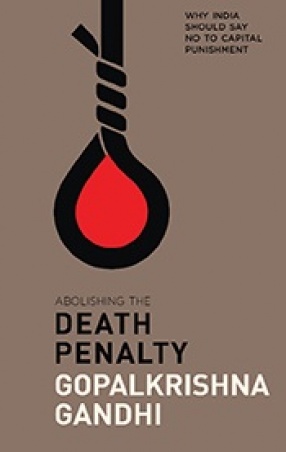
In Abolishing the Death Penalty: Why India Should Say No to Capital Punishment, Gopalkrishna Gandhi asks fundamental questions about the ultimate legal punishment awarded to those accused of major crimes. Is taking another life a just punishment or an act as inhuman as the crime that triggered it? Does having capital punishment in the law books deter crime? His conclusions are unequivocal: Cruel in its operation, ineffectual as deterrence, unequal in its ...

The Tirukkural (honoured Kural) is one of the world’s greatest literary and philosophical masterpieces. Composed in Tamil by Tiruvalluvar sometime between 2 BCE and 5 CE, its succinct couplets seek to explain and guide the reader through life’s various situations: political, spiritual, domestic and social.
Not much is known about Tiruvalluvar-he is believed to have been one or more of the following: a weaver, an ascetic, a teacher, a minister, a ...
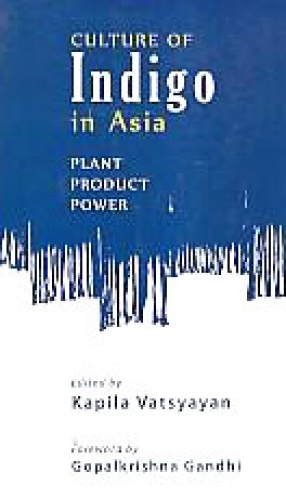
As an integral part of the historical and socio-cultural fabric of the Asian subcontinent, indigo has served as a backdrop to religion, politics, trade, art forms and society, particularly in India. Culture of Indigo: Plant, Product, Power takes the reader on a timeline tour, with details of the plant’s cultivation and production process. Highlights of indigo’s commercial use and impact on fine arts, architecture, trade, heritage as well as an ...

The volume presents letters from C. Rajagopalachari to Mohandas Karamchand Gandhi, to his son-in-law Devdas Gandhi and to his grandson Gopalkrishna Gandhi that have been retrieved from family archives and obtained from public repositories. The letters span the years between 1920 and 1955—the run-up to independence and its early years. Offering a glimpse into the lives of the two leaders, they bring to light the struggles made in the public arena by the ...
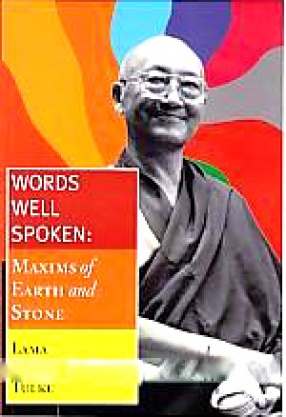
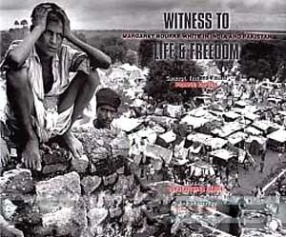

As India became free on 15 August 1947, and Jawaharlal Nehru became the first prime minister of the country, the larger 'Gandhi family', comprising the political and non-political associated of the Mahatma, needed to think through their future equations. Was a dividing line to be drawn between those who had entered public office and those who continued to do' constructive work'? The Mahatma had planned a discussion on this and, in his meticulous ...
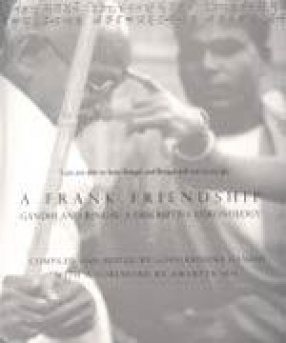
Mohandas Karamchand Gandhi's first visit to Bengal was on 4 July 1896 when he disembarked in Calcutta while on a visit from South Africa. Lord Elgin was Viceroy and Governor General of India. His last visit to Calcutta commenced shortly before 15 August 1947, the day India became free. Through this meticulous compilation of newspaper reports, letters, excerpts from contemporary accounts and Gandhi's own writings, and the extensive annotations that bring to light ...
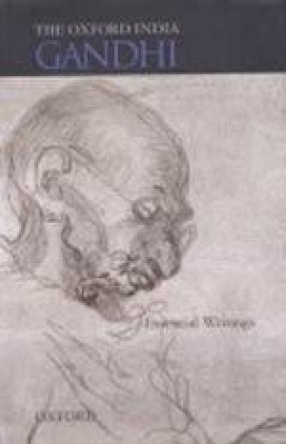
The Oxford India Gandhi looks beyond the plaster-cast image of Mohandas Karamchand Gandhi, the Mahatma. Gandhi's autobiography ends in the late 1920s, several historic years before his assassination in 1948. This book seeks to fill that void left by Gandhi himself. Edited by Gopalkrishna Gandhi, the book tells Gandhi's story in his own words--the story of his life as he himself might have narrated it to a grandchild. Through speeches and articles, and also the ...
